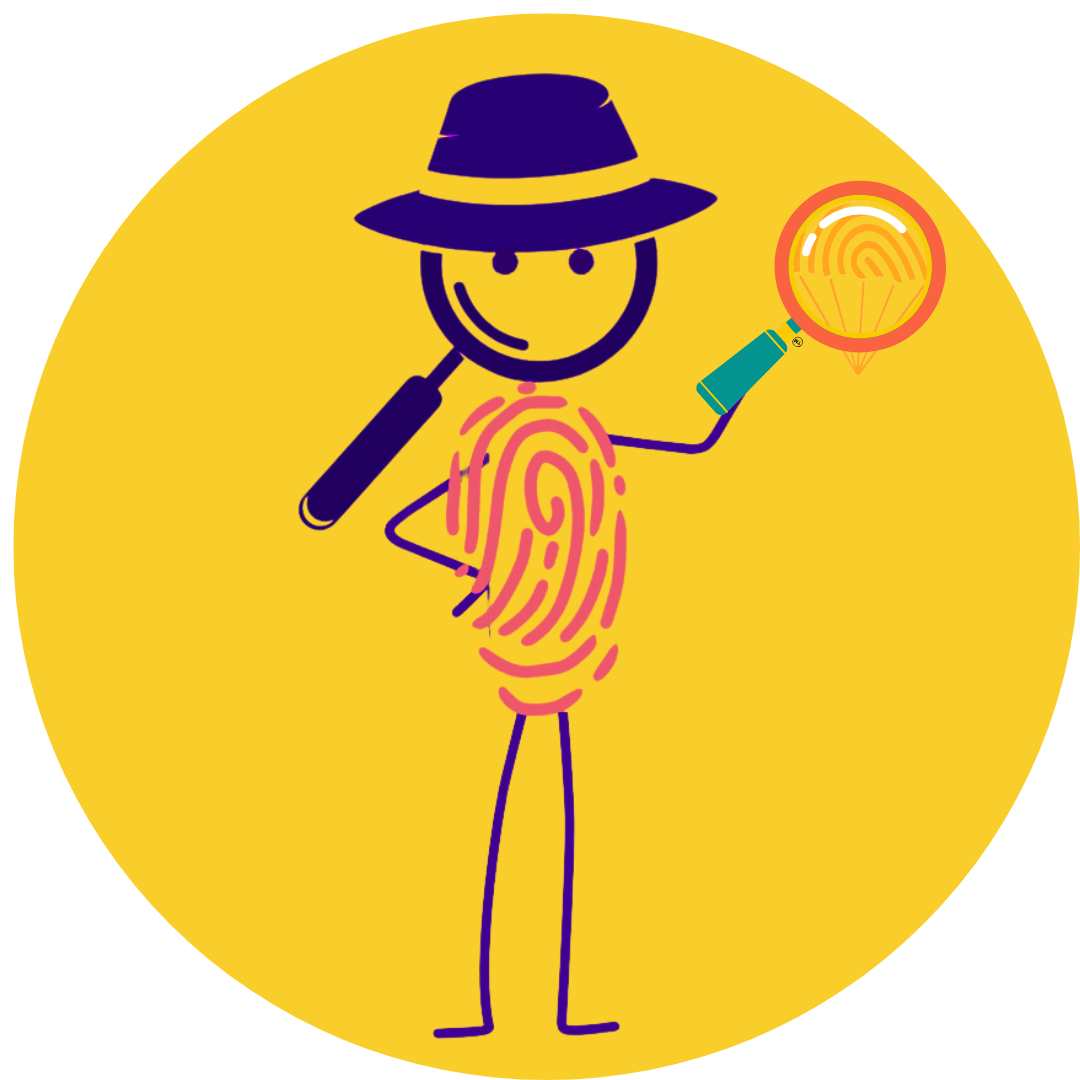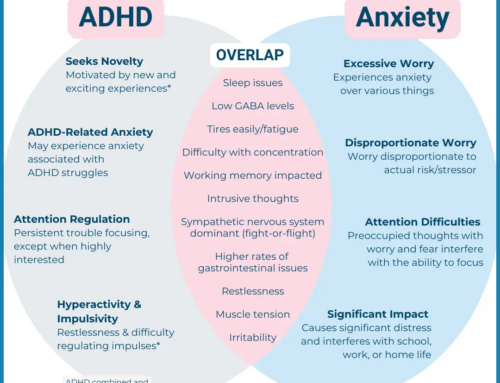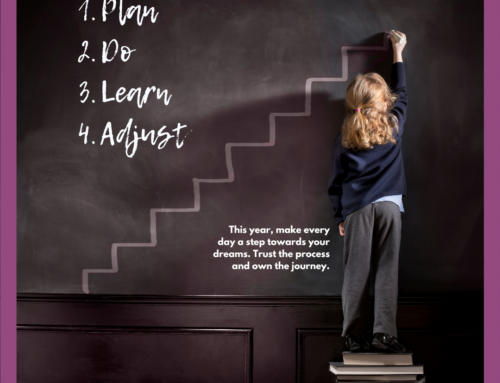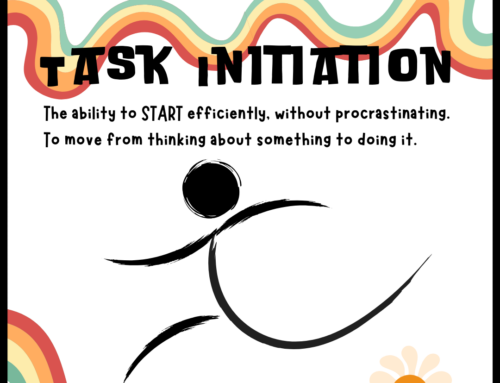Calling all aspiring detectives! It’s time to dust off your magnifying glasses and don your thinking caps because we’re about to embark on a thrilling investigation into the world of Executive Function (EF) Skills. But fear not, dear Watson, for this isn’t your typical whodunit. Instead, we’ll be exploring how these skills can help us crack the case of conflicts at home, school, and in the workplace.
Let’s take a closer look at three ways an Executive Function Detective Lens can positively impact our relationships, complete with real-life examples:
1. Shifting to a “Practice Mindset”
The EF Detective Lens encourages us to focus on what we’re getting right and how we can continue to practice it, with support, to strengthen the skill. It’s like shining a flashlight to illuminate our strengths rather than fumbling in the dark, frustrated and fixating on our weaknesses. The EF Detective Lens sparks curiosity and positive energy, prompting us to explore what we need to succeed in communication, connection, and creative expression.
Real-life examples:
- In a classroom, instead of taking away points for not completing homework (or turning it in!), a teacher using the EF lens might praise the student’s effort in starting the assignment and help identify strategies to overcome obstacles in finishing it, then making sure it gets where it needs to go! Chances are, there’s more than one student struggling with this, so you could do a class-brainstorm of how to solve this obstacle. Involving the students in helping themselves, in a safe and supportive way, creates independence and buy in.
- At home, rather than arguing about forgetting to do chores, family members might appreciate their fellow members’ initiatives in tackling a different household task and work together to create a system that helps each member work harmoniously through given responsibilities.
2. Opening Dialogues and Building Empathy
The EF Detective Lens creates a safe space for dialogue, allowing us to discuss our strengths and weaknesses without judgment. It’s like having a translator (personally, I’m a fan of the secret decoder) that helps us understand each other’s unique cognitive languages, fostering empathy and compassion in our homes, schools, and workplaces. Think, “Oh, so that’s why you do that!” rather than “Why can’t you JUST….” Having a common language to discuss strengths and difficulties helps each individual practice expressing what they have and what they need, getting more efficient with each opportunity.
Real-life examples:
- In a workplace, instead of labeling a colleague as “lazy” for missing deadlines, a team leader might initiate a conversation about time management challenges when paired with distractions or stress, leading to the discovery of the colleague’s struggle with task initiation or the development of supportive strategies for improving health and wellbeing.
- At school, rather than punishing a student for disruptive behavior that doesn’t seem to improve, a counselor might use the EF lens to explore the student’s difficulties with emotional control, resulting in the creation of a personalized plan to help the student notice and manage their emotions in a way that helps the student participate as an insider instead of outside the group.
3. Creating a Community of Learners of All Ages
The EF Skills Lens invites everyone to bring their perspective to the table. It’s like assembling a dream-team of detectives, each with their own special skills and interests. Since we all share these Executive Function Skills and the ability to improve them through neuroplasticity, we become a community of learners, taking turns leading the investigation and finding clues.
Real-life examples:
- In a family or classroom setting, parents or teachers and kids might create an “EF Skills Board” where each member shares their strengths and areas for improvement, fostering a supportive environment where everyone can learn from and help each other.
- In a professional development workshop, teachers might engage in activities where they identify their own EF strengths and challenges, then collaborate to develop classroom strategies that support diverse learning needs, using their own experiences as examples and models for their students.
By adopting the EF Detective Lens, we’re not just solving conflicts; we’re building stronger, more understanding relationships with ourselves and others. It’s like upgrading our social software to the latest, greatest, most powerful version…on repeat!
So the next time you find yourself in a sticky situation, think about the qualities of your favorite detective. Are they meticulous note takers? Quiet observers? Careful-detail-combers? Are they curious? Clever? Do they look for patterns? Make brilliant inferences? Use those qualities you admire to help you! When you slow down and – even better, grab a partner to help – you can tap into the knowledge and power offered by The Executive Function Detective Lens. You might just uncover a solution that not only resolves the conflict but also strengthens your skills.
After all, in the grand mystery of life, we’re all works in progress, continually learning and growing. And that, dear friends, is elementary!
Curious about your EF Skills profile or learning more about the EF Detective Lens? Download your FREE eBook and accompanying videos and start sleuthing today.
Yours in the mysterious journey,
Cara







